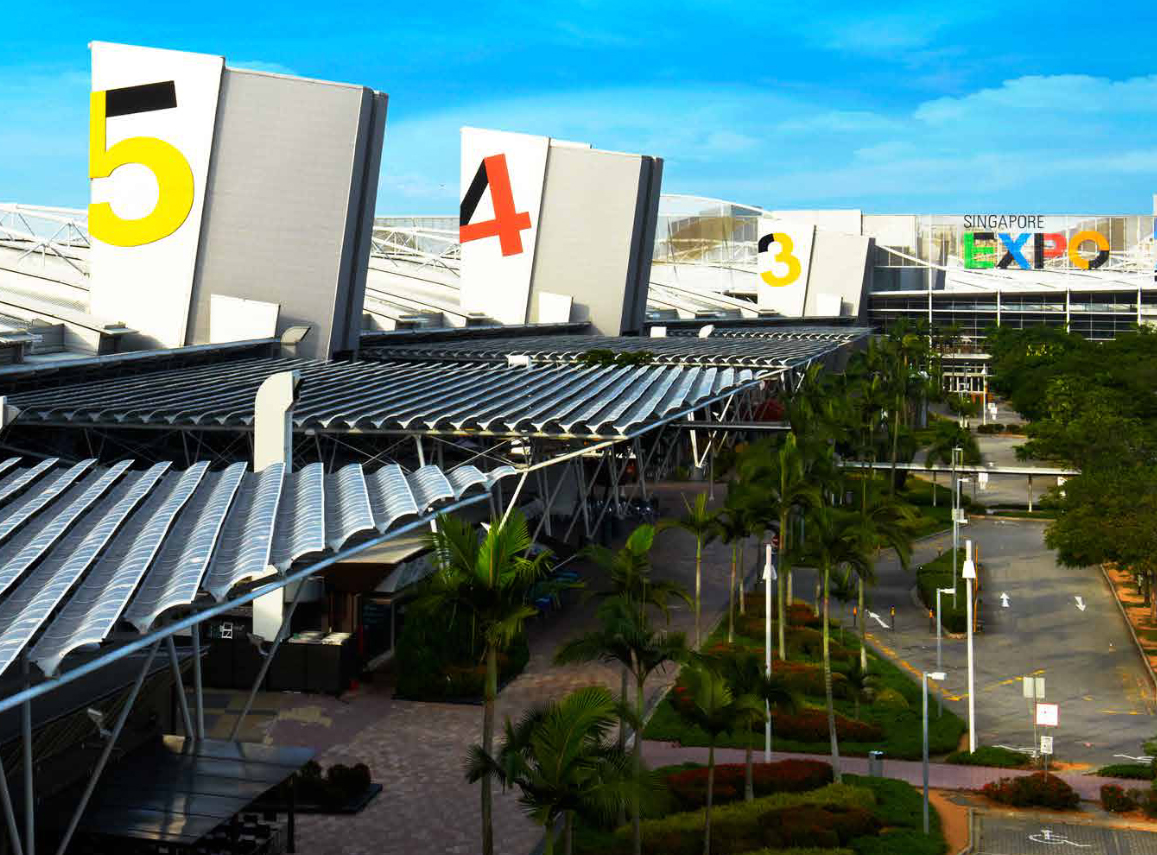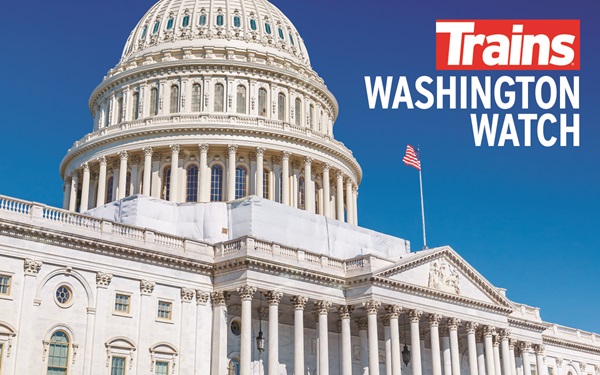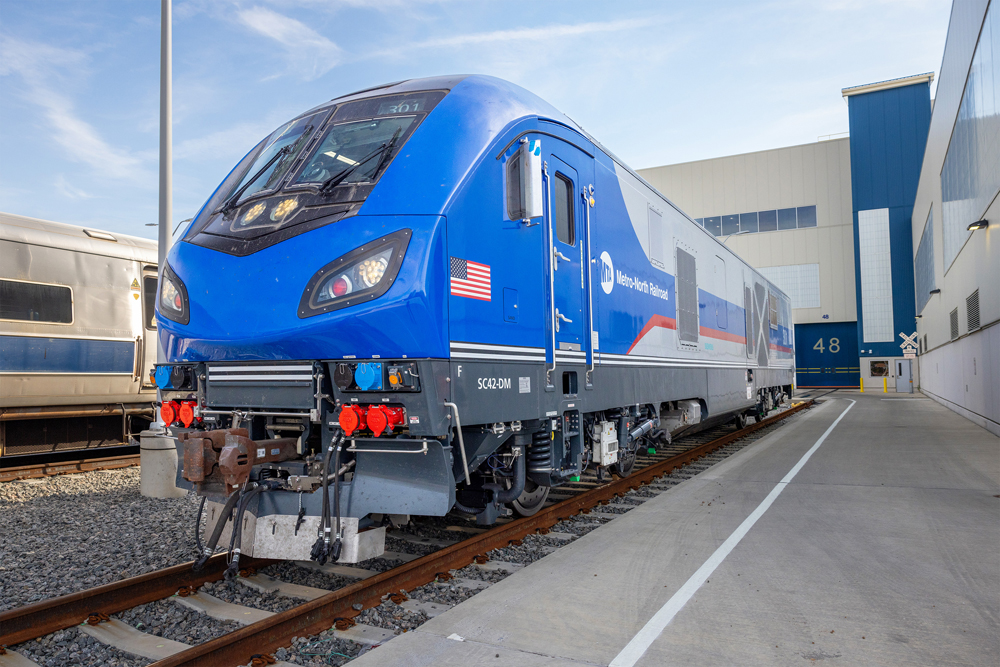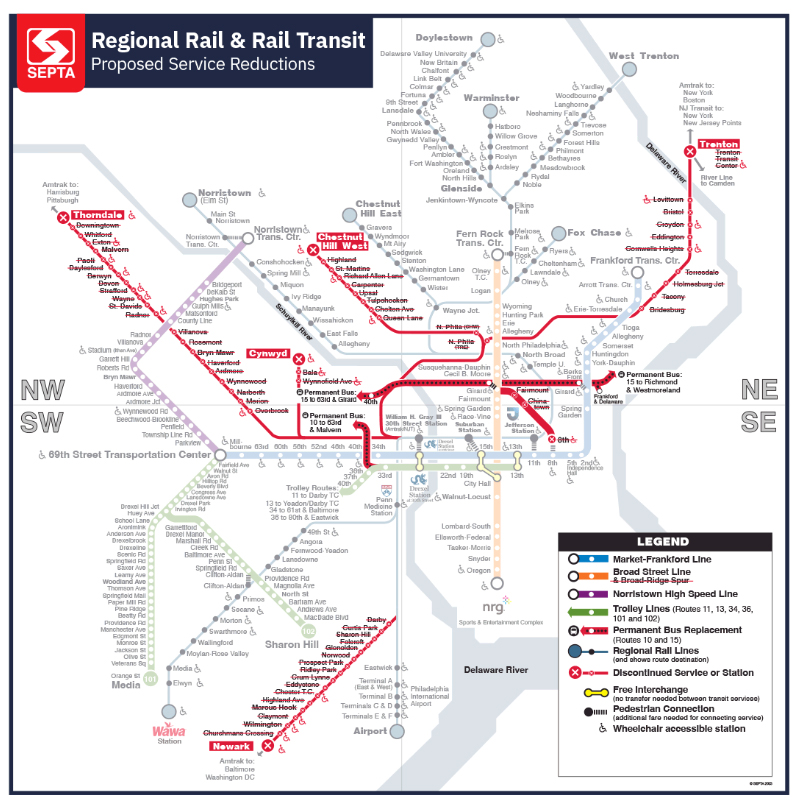WASHINGTON — Members of the House Committee on Transportation and Infrastructure have released the text of a new surface transportation bill, the “INVEST in America Act,” which would authorize almost $500 billion for infrastructure. It includes $60 billion for rail projects, but would also impose significant regulations, including requiring two-man crews for most freight trains.
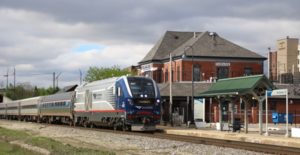
The bill was announced by Peter DeFazio (D-Ore.), chairman of the House Committee on Transportation and Infrastructure and cosponsored by chairs of two subcommittees, Eleanor Holmes Norton (D-District of Columbia), and Dan Lipinski (D-Ill.). In the statement announcing the bill, DeFazio said, “After holding nearly 20 Committee hearings, receiving testimony from dozens and dozens of witnesses and members of Congress, and engaging with hundreds of advocates and transportation agencies, I am proud to bring together the ideas and the needs into one transformational bill that will catapult our country into a new era of how we plan, build, and improve U.S. infrastructure.”
The legislation drew immediate fire from three ranking Republican committee members, Sam Graves (Mo.), Rodney Davis (Ill.), and Rick Crawford (Ark.). In a statement, they said Republican members of the committee were not involved in developing the bill.
“For example,” they said, “today’s partisan bill lacks critical flexibility for the states, its outsized funding increases for urban areas will leave rural America even further behind, and numerous new green mandates and extreme progressive goals are woven throughout the fabric of new and existing core programs. … Although today’s bill does not reflect our input, committee Republicans will continue to work with the Senate, stakeholders, and any member of both parties to ensure our priorities are addressed as the legislative process moves forward.
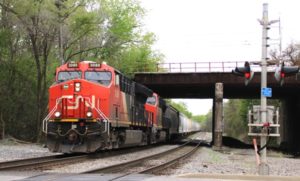
The bill’s two-man crew requirement has limited exemptions for short lines. It also establishes a 10-minute limit for blocking grade crossings, and directs the DOT to develop a national strategy to deal with the issue. It would rescind any Department of Transportation special permits allowing transport of liquefied natural gas by tank car, and prohibit any further permits until the DOT conducts further safety evaluations.
It also takes aim at Precision Scheduled Railroading by requiring a study on the safety impact of trains longer than 7,500 feet and directs the General Accounting Office to look at the impact of Precision Scheduled Railroading on shippers, Amtrak, commuter railroads, and rail employees. Also included are provisions requiring the DOT, Amtrak, and railroads to consider recommendations made by the National Transportation Safety Board in the wake of the fatal 2017 Amtrak Cascades derailment in DuPont, Wash.
Chuck Baker, president of the American Short Line and Regional Rail Association, said in a statement that the group welcomes release of the bill.
“We look forward to working with both the House and the Senate as the process moves forward and hopefully culminates in the enactment of a long-term, bipartisan bill,” Baker said. “There will be many policies considered in this bill that are crucially important to the ability of the short line freight railroad industry to meet the evolving needs of our customers, enabling thousands of important agricultural, energy, and industrial shippers in small-town and rural America to remain connected to the national and global economies.”
The bill’s full name is the Investing in a New Vision for the Environment and Surface Transportation in America Act. Some $319 billion of its $494 billion in funding, or 65%, is for highway-related projects.






